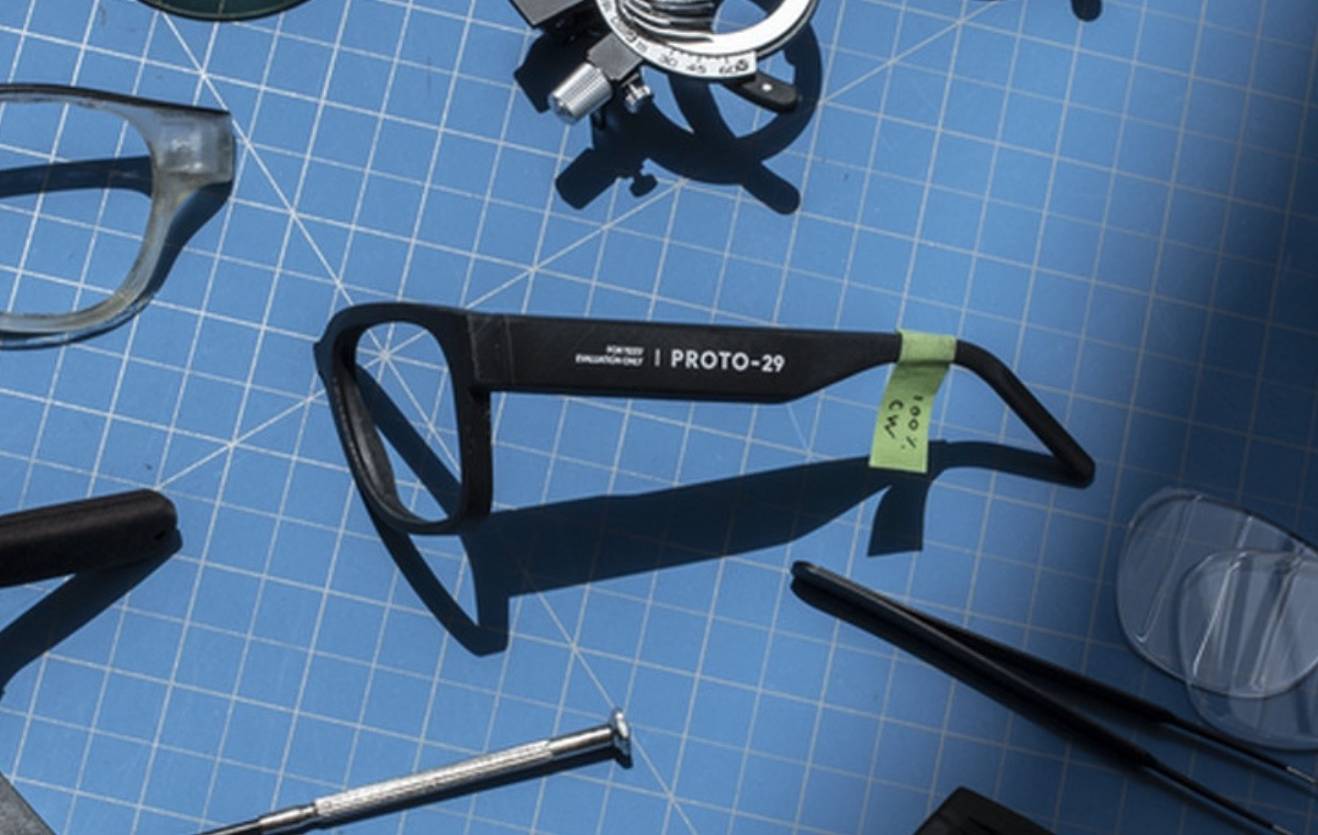Google has reportedly decided to discontinue and kill its much-anticipated Project Iris, an ambitious endeavor to develop augmented reality (AR) glasses anticipated to be released in 2024
The report last month has sent shockwaves through the technology industry and left enthusiasts and analysts speculating on the company’s future plans in the AR space.
Project Iris was initially introduced with great fanfare, promising to revolutionize how users interact with the world around them by seamlessly blending digital information with the real world.
The AR glasses were expected to provide users with real-time information overlay, navigation assistance, and immersive gaming experiences, among other potential applications.
Last January, Google had been working on an augmented reality (AR) headset, codenamed “Project Iris,” as a competitive response to the impending AR devices from Meta and Apple.
However, in light of the recent announcements by its rivals, Google has reportedly abandoned its plans for the glasses-style AR headset.
Insider magazine reports that this decision is based on information from three individuals who are knowledgeable about the situation.
If this report holds true, it signifies the discontinuation of the AR glasses that were showcased during the previous year’s Google I/O conference – the very same glasses that we had labeled as mere conceptual creations.
Furthermore, this would likely imply that the versions of the glasses that were intended to feature transcription and navigation capabilities, which Google had announced for public testing starting from last July, are no longer in development.
According to the publication, Google has now shifted its focus from hardware to software. The company is actively developing a “micro XR” platform, with the intention of licensing it to other manufacturers of AR headsets, drawing parallels to Google’s provision of the Android operating system to a wide array of smartphone manufacturers.
Nevertheless, Insider’s report hints that the ski goggle-esque headset that was initially mentioned might still be a possibility, albeit with a collaborative approach.
In February, Google, Samsung, and Qualcomm made a rather vague joint announcement about their partnership in the creation of a new mixed reality platform.
Although there has been little substantial information about this venture since then, the sources cited by Insider suggest that Google’s initial work on AR goggles might have laid the groundwork for an upcoming headset from Samsung.
It wouldn’t be the first project where Samsung and Google collaborated to produce a cutting-edge gadget that Google wasn’t ready to build on its own. Google worked to modify Android to support the Galaxy Fold line of folding phones, long before launching its own Pixel Fold this summer.
Initially, reports indicated Google’s intention to release an AR headset in 2024. However, during last month’s Google I/O 2023 event, Sameer Samat, Google’s VP, announced that the company would reveal more details about the joint project with Samsung later this year.
Insider sources have revealed that Project Iris encountered challenges such as workforce reductions and evolving strategies throughout its development phase.
Notably, Clay Bavor, Google’s VR/AR division head, departed the company four months ago. Kurt Akeley, an esteemed engineer linked to the project, has updated his LinkedIn profile to reflect his retirement. While two others, including Mark Lucovsky, the senior director of AR operating systems, are still identified as actively engaged in the AR domain.
In 2020, Google acquired North, a company specialising in AR glasses, though the exact acquisition amount remains undisclosed. A cursory glance at LinkedIn indicates that numerous North employees, including co-founders Stephen Lake, Matthew Bailey, and Aaron Grant, continue to be part of Google’s workforce to date.
The abrupt discontinuation of Project Iris comes as a surprise, especially given Google’s history of pushing the boundaries of technological innovation. The project had garnered significant attention from both consumers and industry experts, with many seeing it as the next logical step in the evolution of wearable technology.
However, reports also suggest that Google faced numerous challenges throughout the development of Project Iris, including technical hurdles, design constraints, and concerns about user privacy. These challenges likely contributed to the decision to halt the project, although Google has not officially confirmed the reasons behind the move.
The news has sparked discussions about the broader landscape of augmented reality and wearable technology. Industry insiders are left wondering whether Google’s decision is a sign of waning interest in AR or if it signals a shift in focus towards other projects and innovations.
Google’s competitors in the tech space, including Apple, Microsoft, and Facebook, have also been actively pursuing AR and VR technologies, indicating a growing interest in creating immersive and interactive digital experiences.
The sudden halt of Project Iris could also potentially provide an opportunity for these companies to take the lead in shaping the future of AR technology.
For consumers who were eagerly awaiting the release of Project Iris, the news is undoubtedly disappointing. Many had high hopes for the potential applications and benefits that AR glasses could bring to their daily lives.
While Google’s decision to discontinue the project might temporarily stall the progress of AR glasses, it remains to be seen whether another company will step up to fill the void.
As the tech community digests this unexpected development, all eyes are now on Google to see how the company will pivot and navigate the rapidly evolving landscape of emerging technologies.







